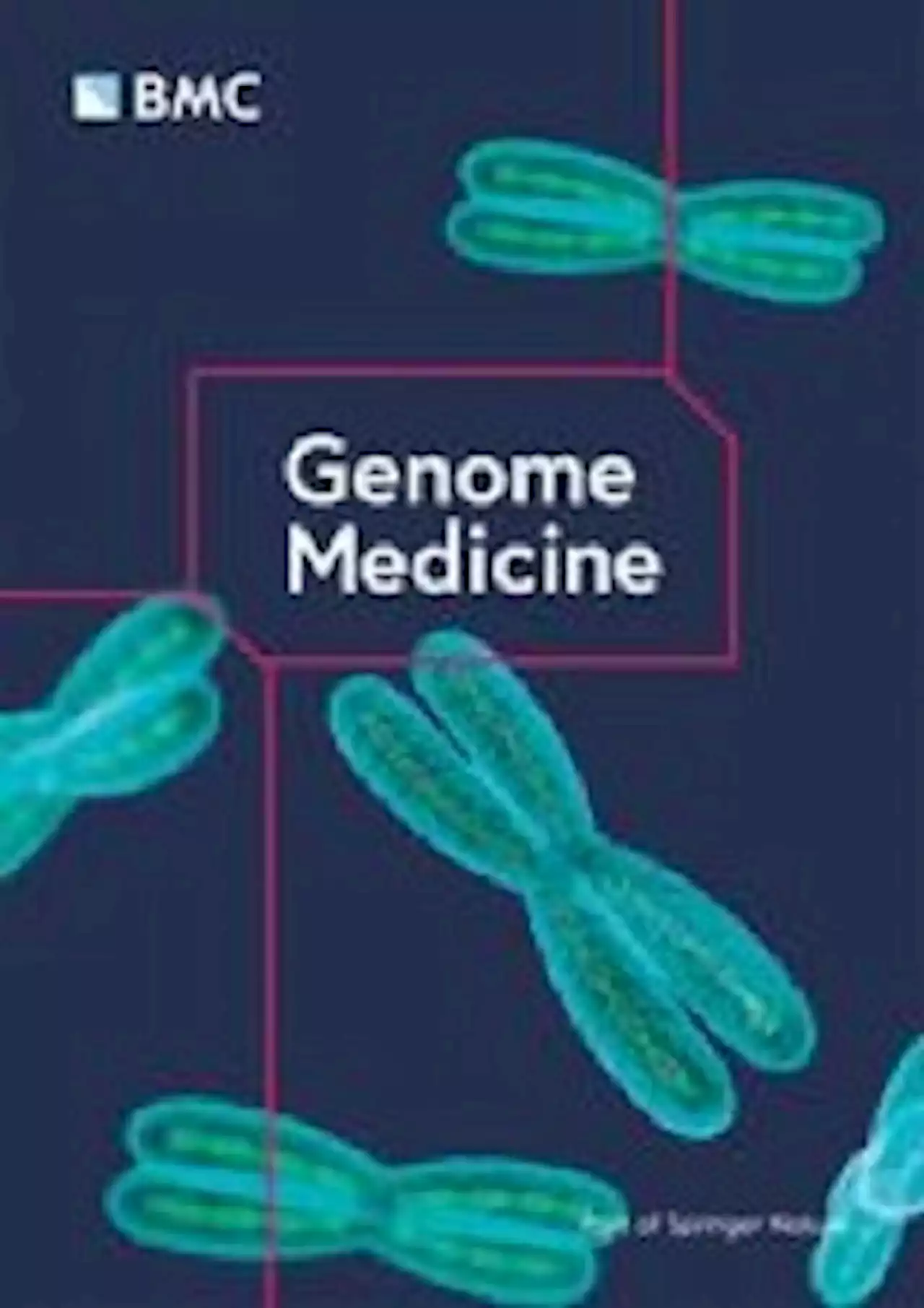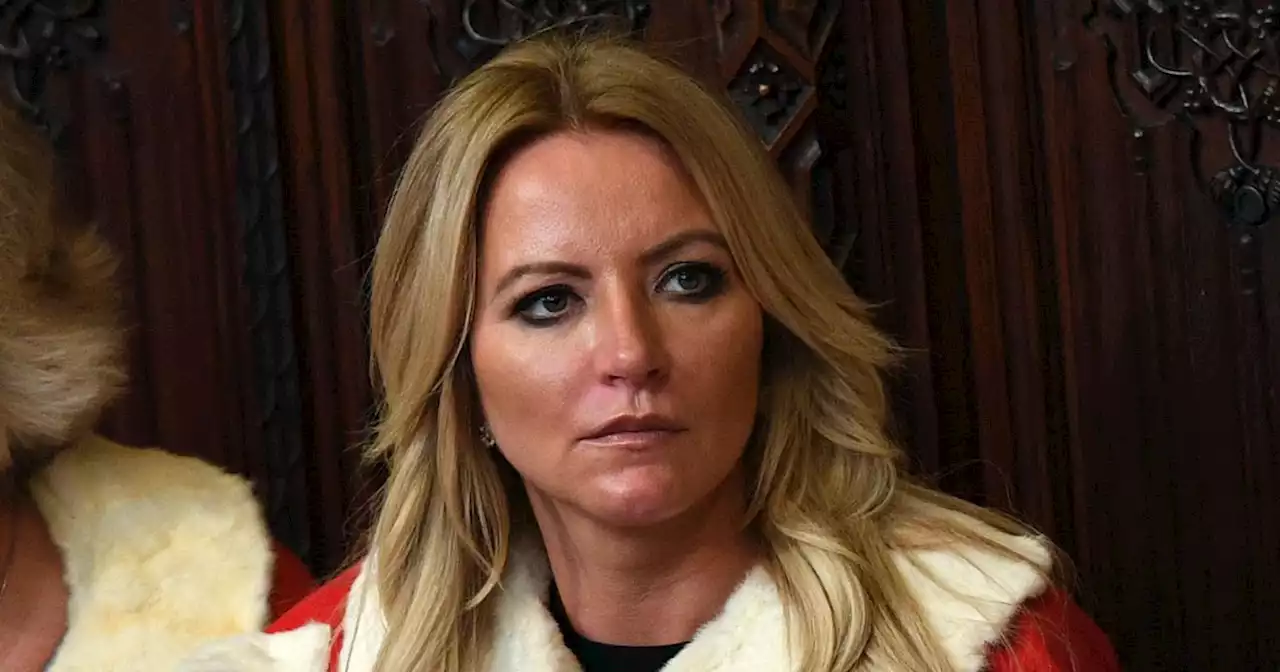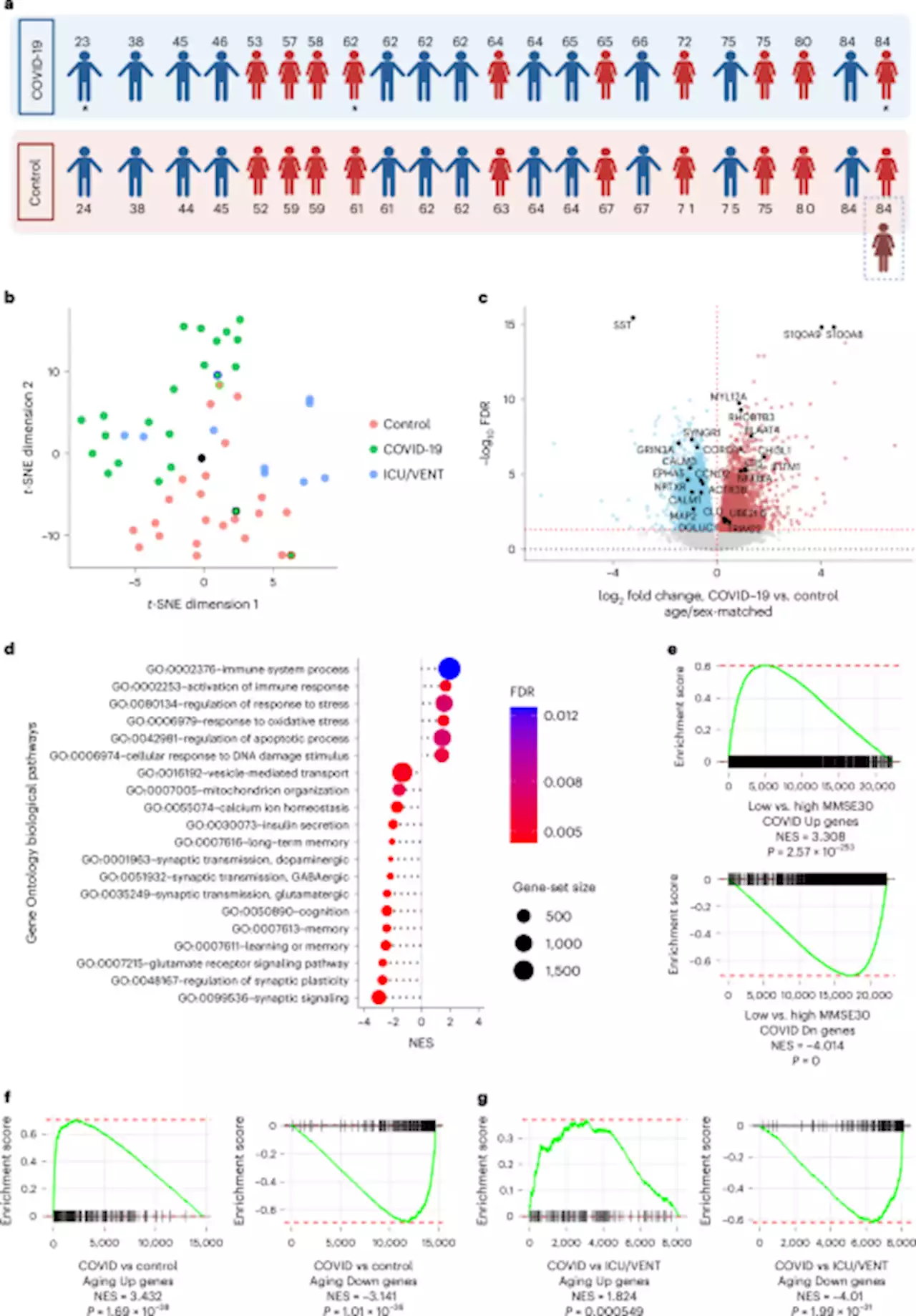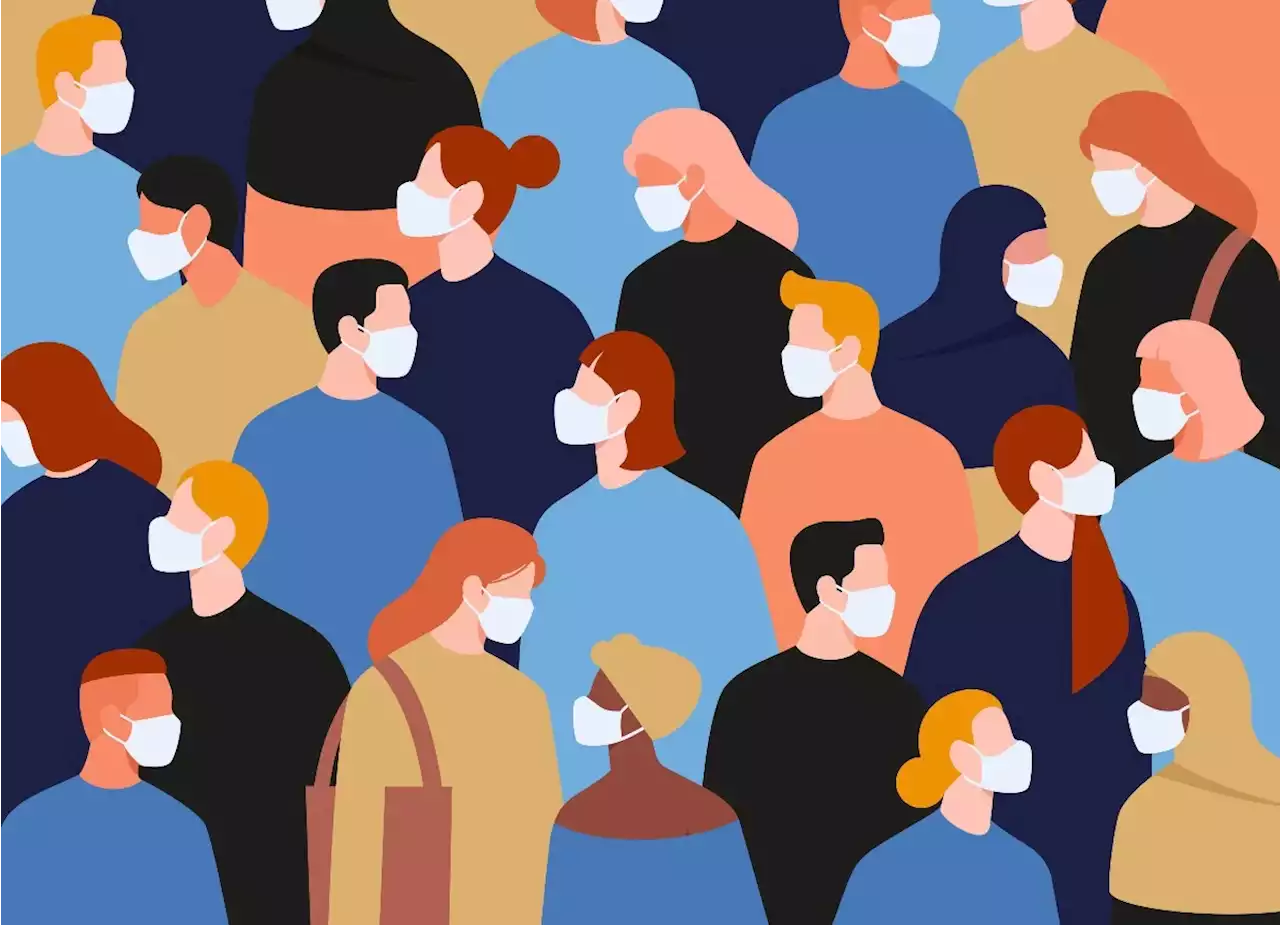'The Scottish Government will reclaim surplus Covid reserves'
Glasgow is set to return £44.1 million worth of Covid funding back to the Scottish Government after it was received by its health and social care partnership.
The Glasgow City Integration Joint board, which oversees the partnership, got £65.6 million of Covid cash for this financial year and is expected to spend £21.1 million. A paper presented to last week’s Integration Joint Board meeting said “based on the current forecast, it is estimated that £44.1 million will be required to be returned to Scottish Government.”The meeting heard public health rules changed over the summer and there will not be the same amount of Covid spend this year compared to previous years.
A letter from the Scottish Government sent to the partnership said: “There have been a number of significant changes to public health policies in relation to Covid over the summer, resulting in the profile of Covid spend reducing significantly compared to when funding was provided to Integration Joint Boards for Covid purposes. In response to this, the Scottish Government will reclaim surplus Covid reserves to be redistributed across the sector to meet current Covid priorities.
The budget monitoring paper said: “The original funding letter was clear that the funding had to be used to meet the additional costs of responding to the pandemic in the Integration Authority as well as NHS Board and if there are unfunded costs within the health system then it is reasonable for the Scottish Government to claw back these funds to allow them to be redistributed to these areas.
United Kingdom Latest News, United Kingdom Headlines
Similar News:You can also read news stories similar to this one that we have collected from other news sources.
 Epigenetic and transcriptomic reprogramming in monocytes of severe COVID-19 patients reflects alterations in myeloid differentiation and the influence of inflammatory cytokines - Genome MedicineBackground COVID-19 manifests with a wide spectrum of clinical phenotypes, ranging from asymptomatic and mild to severe and critical. Severe and critical COVID-19 patients are characterized by marked changes in the myeloid compartment, especially monocytes. However, little is known about the epigenetic alterations that occur in these cells during hyperinflammatory responses in severe COVID-19 patients. Methods In this study, we obtained the DNA methylome and transcriptome of peripheral blood monocytes from severe COVID-19 patients. DNA samples extracted from CD14 + CD15- monocytes of 48 severe COVID-19 patients and 11 healthy controls were hybridized on MethylationEPIC BeadChip arrays. In parallel, single-cell transcriptomics of 10 severe COVID-19 patients were generated. CellPhoneDB was used to infer changes in the crosstalk between monocytes and other immune cell types. Results We observed DNA methylation changes in CpG sites associated with interferon-related genes and genes associated with antigen presentation, concordant with gene expression changes. These changes significantly overlapped with those occurring in bacterial sepsis, although specific DNA methylation alterations in genes specific to viral infection were also identified. We also found these alterations to comprise some of the DNA methylation changes occurring during myeloid differentiation and under the influence of inflammatory cytokines. A progression of DNA methylation alterations in relation to the Sequential Organ Failure Assessment (SOFA) score was found to be related to interferon-related genes and T-helper 1 cell cytokine production. CellPhoneDB analysis of the single-cell transcriptomes of other immune cell types suggested the existence of altered crosstalk between monocytes and other cell types like NK cells and regulatory T cells. Conclusion Our findings show the occurrence of an epigenetic and transcriptional reprogramming of peripheral blood monocytes, which could be associated with the
Epigenetic and transcriptomic reprogramming in monocytes of severe COVID-19 patients reflects alterations in myeloid differentiation and the influence of inflammatory cytokines - Genome MedicineBackground COVID-19 manifests with a wide spectrum of clinical phenotypes, ranging from asymptomatic and mild to severe and critical. Severe and critical COVID-19 patients are characterized by marked changes in the myeloid compartment, especially monocytes. However, little is known about the epigenetic alterations that occur in these cells during hyperinflammatory responses in severe COVID-19 patients. Methods In this study, we obtained the DNA methylome and transcriptome of peripheral blood monocytes from severe COVID-19 patients. DNA samples extracted from CD14 + CD15- monocytes of 48 severe COVID-19 patients and 11 healthy controls were hybridized on MethylationEPIC BeadChip arrays. In parallel, single-cell transcriptomics of 10 severe COVID-19 patients were generated. CellPhoneDB was used to infer changes in the crosstalk between monocytes and other immune cell types. Results We observed DNA methylation changes in CpG sites associated with interferon-related genes and genes associated with antigen presentation, concordant with gene expression changes. These changes significantly overlapped with those occurring in bacterial sepsis, although specific DNA methylation alterations in genes specific to viral infection were also identified. We also found these alterations to comprise some of the DNA methylation changes occurring during myeloid differentiation and under the influence of inflammatory cytokines. A progression of DNA methylation alterations in relation to the Sequential Organ Failure Assessment (SOFA) score was found to be related to interferon-related genes and T-helper 1 cell cytokine production. CellPhoneDB analysis of the single-cell transcriptomes of other immune cell types suggested the existence of altered crosstalk between monocytes and other cell types like NK cells and regulatory T cells. Conclusion Our findings show the occurrence of an epigenetic and transcriptional reprogramming of peripheral blood monocytes, which could be associated with the
Read more »
 Michelle Mone to take 'leave of absence' from House of Lords amid PPE contractThe Scottish peer, from Glasgow's east end, is at the centre of controversy over her alleged links to a firm awarded a PPE contract following allegations she benefitted from government Covid contracts.
Michelle Mone to take 'leave of absence' from House of Lords amid PPE contractThe Scottish peer, from Glasgow's east end, is at the centre of controversy over her alleged links to a firm awarded a PPE contract following allegations she benefitted from government Covid contracts.
Read more »
 Severe COVID-19 is associated with molecular signatures of aging in the human brain - Nature AgingMavrikaki et al. show that severe COVID-19 is associated with molecular signatures of aging and low cognitive performance in the human frontal cortex; and emphasize the value of neurological follow-up in recovered individuals.
Severe COVID-19 is associated with molecular signatures of aging in the human brain - Nature AgingMavrikaki et al. show that severe COVID-19 is associated with molecular signatures of aging and low cognitive performance in the human frontal cortex; and emphasize the value of neurological follow-up in recovered individuals.
Read more »
 Pfizer's Covid jab is approved for babies and infants aged 6 months to 4 years oldCOVID jabs have been approved for kids aged six months to four-years-old, regulators have announced. The Pfizer jab has been authorised after meeting strict standards of safety, quality and effecti…
Pfizer's Covid jab is approved for babies and infants aged 6 months to 4 years oldCOVID jabs have been approved for kids aged six months to four-years-old, regulators have announced. The Pfizer jab has been authorised after meeting strict standards of safety, quality and effecti…
Read more »
 Machine learning analysis suggests that there are four sub-phenotypes of long COVIDMachine learning analysis suggests that there are four sub-phenotypes of long COVID NatureMedicine WeillCornell longCOVID coronavirus covid machinelearning data healthcaredata phenotype
Machine learning analysis suggests that there are four sub-phenotypes of long COVIDMachine learning analysis suggests that there are four sub-phenotypes of long COVID NatureMedicine WeillCornell longCOVID coronavirus covid machinelearning data healthcaredata phenotype
Read more »
